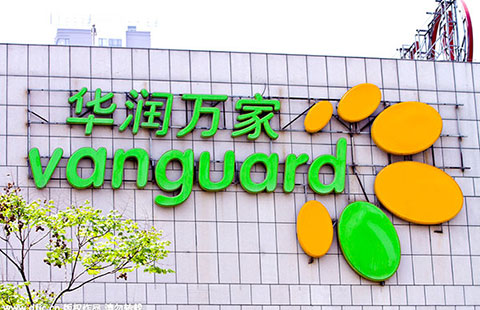China to curb speculation in forward forex transactions
(Xinhua) Updated: 2015-09-09 08:59BEIJING - China's new measure requiring commercial banks to pay risk deposit for forward foreign exchange sales aims to raise the cost of forex speculation and avoid excessive fluctuation, the central bank said Tuesday.
The People's Bank of China (PBOC) announced last week that commercial banks will have to pay a 20 percent deposit for their forward forex sales to companies as of Oct 15.
In forward exchange sales, commercial banks agree to sell a foreign currency to a company at a specific time in the future to help the company ward off risks from exchange rate fluctuations.
The new move is conducive to curbing excessive fluctuation on the forex market, preventing financial risks and promoting prudent operation of banks, the PBOC said in an online statement.
This measure was rolled out as forward exchange sales from commercial banks surged to three times as high as the monthly average of the first seven months in August. "It shows there were speculative transactions," the PBOC said.
On Aug 11, the central bank decided to let the market have a greater say in forming the yuan's central parity rate against the US dollar, leading to a depreciation of more than 4 percent last month.
The measure is not capital control as it does not restrict transaction volume, nor does it require approval for each single transaction, the PBOC said.
The deposit allows banks to make preparations for their possible losses in the future, curbing speculative transactions and raising the overall cost, the central bank said.
- China's top 10 retailers in 2014
- Trade data add more pressure on policy
- China's tech, media, telecom IPOs to stall
- 'FX forwards measure is not capital control'
- Duer to help Baidu get voice heard by its peers
- SOE reforms to improve flow of State capital
- Key step in SOE reform on the way
- 2015 China International Fair for Investment and Trade kicks off in Xiamen

















